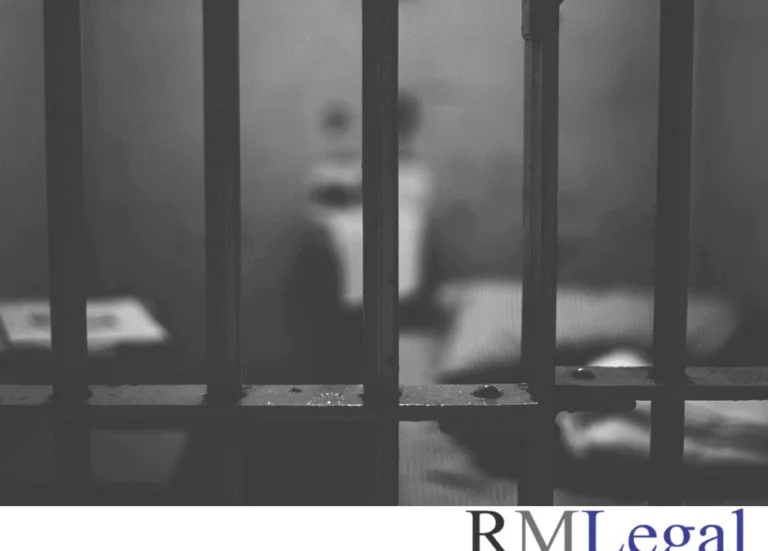Bench Warrants and Failure to Appear
Bench Warrants And Failure To Appear If you’re arrested in Louisiana, you will most likely be entitled to have bail set in your case. You can be released from jail by posting a bond to secure the bail. In addition to posting a bond, you will need to provide an address that you can be served with court notices at. The address you provide when you bond out is presumed to be your address for service for all future court notices unless you change your address in writing with the court. If you’ve been given a traffic ticket or some other summons to appear at court, you also have to keep your address current with the court. If you miss your criminal court appearance in Louisiana, the court will likely issue a warrant for your arrest. This is commonly called a bench warrant because it’s issued by the judge while sitting at his desk in the courtroom, which is also known as the “bench”. Missing court may also be called a “failure to appear” or “FTA” for short. I can’t count the number of times I’ve seen someone in jail on a bench warrant whose reason for not coming to court was that he or she did not get notice because he or she moved. But under Louisiana law changing your address is not an excuse for missing court. The law requires that you also let the court know about your new address. You can update your address by filing a written declaration with the clerk of court for the parish your charges are pending in. Most clerks of court have a form for you to fill out to update your address. Another common reason I see people in jail for bench warrants is that they lost their notice and forgot the date. If you are present in court when the judge tells you about your next court date, the court does not have to give you any additional notice. Some courts will give you a written notice that day with your next court date and some will just tell you what the next date is. Either way, it is your job to remember what your next court date is and to be present on that date. If a court issues a bench warrant for you, there are a couple of different ways that the warrant can be cleared up. Only the judge that issued the warrant can recall the warrant. You or your attorney can contact the court to request that the warrant be recalled. Oftentimes, you will need to physically go to court to pay a warrant recall fee and get notice of your new court date. The court may waive the fee if you can show a good reason you were not in court. For example, if you missed court because you were sick, you should bring medical records with you to show that you actually were sick. Unfortunately, warrants are often cleared up by an arrest and serving time in jail. If you moved and did not update your address with the court, the notice of the warrant also went to the old address so you likely don’t even know about the warrant. It come as quite a shock to be out of town and get pulled over for a minor traffic violation only to be arrested and transported back to the parish where your case is pending. Failing to appear in court can also result in new criminal charges. Louisiana law defines jumping bail as the intentional failure to appear at the date, time, and place as ordered by the court before which the defendant’s case is pending. Under the law, the district attorney only needs to prove that you received notice of the court date, either at your address of record or in open court. If your original charge was a felony, then a charge for jumping bail would also be a felony. Dealing with bench warrants can be a hassle and can cost both time and money. You can avoid that hassle by keeping your address updated with the court, writing down and keeping track of your court dates, and appearing to court when you are scheduled to be there. If you need help getting a bench warrant recalled, or if you have other questions about a criminal case, call Big River Trial Attorneys at (225) 963-9638 for an appointment. An experienced criminal defense attorney will discuss your case with you to help you decide the best way to handle your situation.


